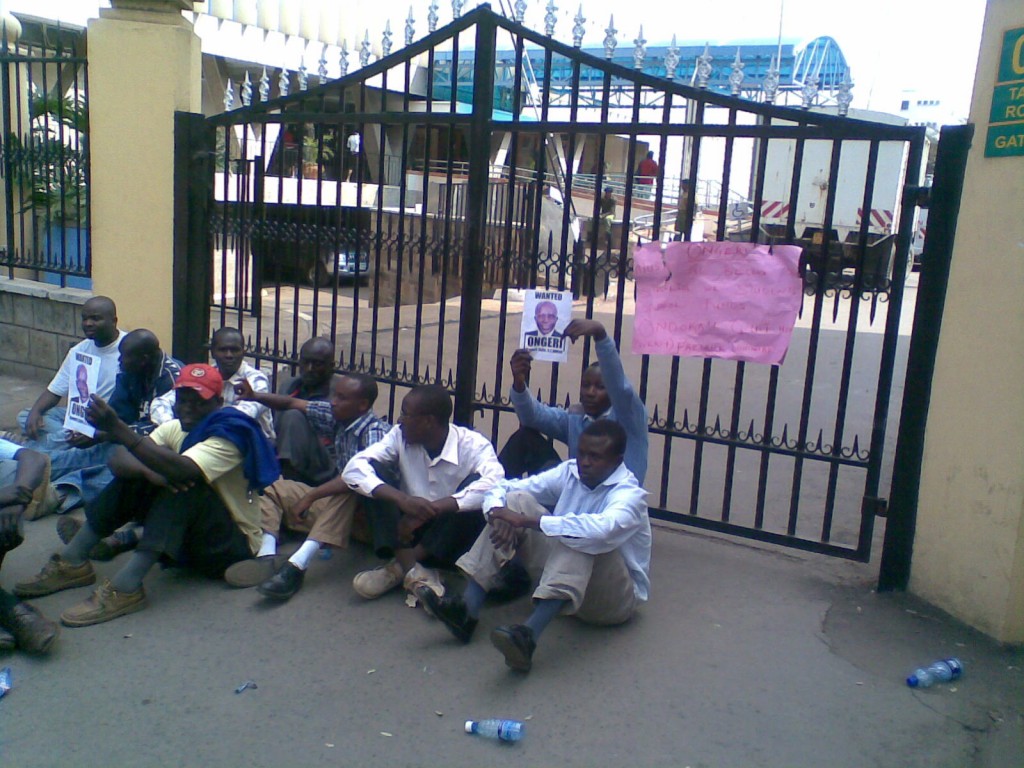Our story starts with understanding why Kenya was colonized. I know there’s a huge amount of history that happened before, but this is where we are going to start from. “Guns, Germs, and Steel: The Fates of Human Societies” is the book for this. Why did the British colonize us instead of the other way round, and what are the things that led to this? This books goes into considerable detail in answering that question. Here is a quick summary on Youtube for the core ideas but please read the book. Note that this book does not deal with Kenya specifically, it is more of a general explanation of why some regions of the world were able to “develop” faster than others.
As we all know, Kenya did eventually get its independence so the next part of the story is to examine how Kenya got its independence, and what happened after that led to the social and political environment of modern Kenya. For a look at Kenya’s fight for freedom we turn to the excellent book “Mau Mau From Within: The Story of the Kenya Land and Freedom Army” which goes into detail on this subject and starts to explain what went wrong after independence. This books tells it from the point of view of an actual freedom fighter and to me was a sobering understanding of our true history of independence. Unfortunately I couldn’t find a summary of this book. “Why Nations Fail: The Origins of Power, Prosperity, and Poverty” completes the story of the progression of Kenya from a colony to a modern African country. Why is Kenya a poor developing country? Why are we not rich and prosperous? This books goes deep into answering these and more questions. Here is a nice summary on Youtube. Taken together, these two books show how the economic and political institutions that either emerged or were put into place immediately after Kenya’s independence directly led to modern Kenya’s social-political environment.
Finally, we come to modern day Kenya. On paper we are a functional democracy and a country full of talented and driven individuals. Ask any Kenyan and they will tell you that our only problem is our political leadership. If we had better leaders, we would be a much more developed and prosperous nation. Why, then, do we have bad leaders? How can we explain this? The previous book “Why Nations Fail” lays the foundational explanation of what started us on this journey to poor leadership but we also need to understand what is it that keeps us here. Why can we not break free? “The Populist Delusion” provides the answers. This book is actually an exploration of ideas found in a number of other books so I recommend delving into those as you go through it. I couldn’t find a nice summary for this book. However, “The Populist Delusion” should be a quick read. The book explains that the ruling elite in Kenya and the reigning political system simply give no chance to the average Kenyan to do anything that could ever change the country’s situation. Note that the book does not mention Kenya directly but deals generally with the nature, form and characteristics of political power. This books does not describe things as they should be, but how they actually are and its conclusions might be difficult to accept but I believe that they apply quite accurately to Kenya.












